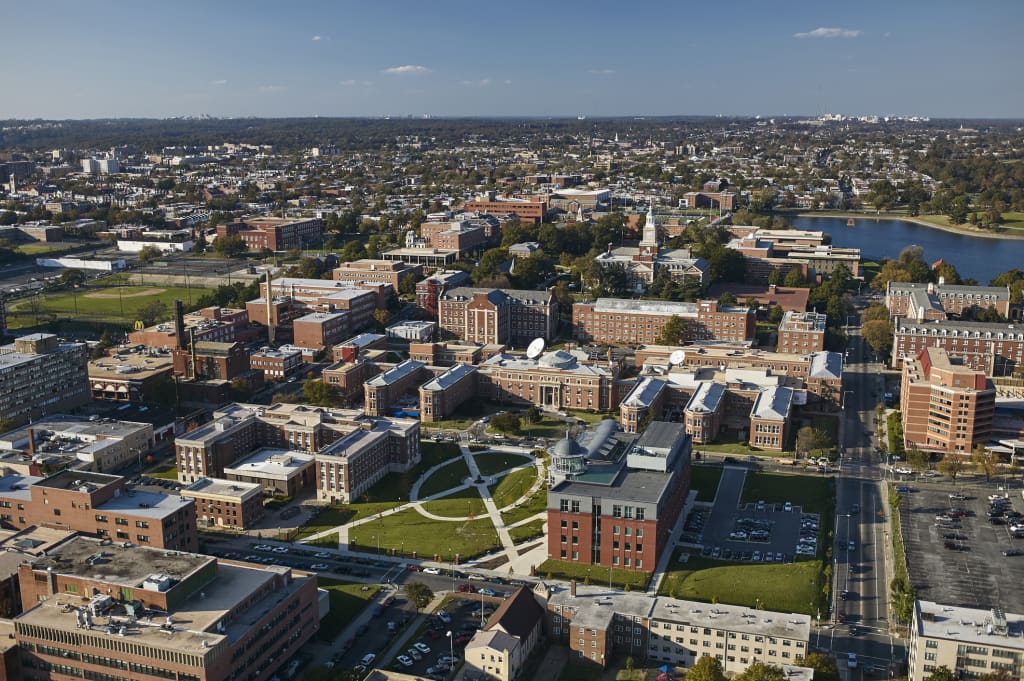Historically Black Colleges and Universities (HBCUs) have played a vital role in shaping the landscape of higher education in the United States. These institutions were founded during a time when African Americans were systematically excluded from mainstream colleges and universities, and they have since served as beacons of hope and opportunity for generations of students of color.
The legacy of HBCUs dates back to the early 19th century when the first black institutions of higher education were established. These schools were pivotal in providing educational opportunities for African Americans who were denied entry into predominantly white institutions. Over time, HBCUs have evolved into thriving centers of academic excellence, producing a significant number of black professionals in various fields.
One of the key roles of HBCUs is their commitment to nurturing and empowering black students through quality education and supportive environments. Many of these institutions offer specialized programs and resources tailored to the unique needs of their students, including mentorship programs, leadership development opportunities, and culturally relevant curricula. This focus on holistic education has helped HBCUs produce a talented pool of graduates who go on to excel in their respective fields.
In addition to their academic contributions, HBCUs have also played a significant role in advancing social justice and civil rights in the United States. Many HBCU students and alumni have been at the forefront of the fight for equality and justice, using their education and skills to advocate for marginalized communities. The legacy of activism and advocacy that permeates HBCU campuses continues to inspire current students to make a difference in their communities and beyond.
Despite their rich history and contributions to higher education, HBCUs have faced a number of challenges over the years, including chronic underfunding, declining enrollment, and competition from predominantly white institutions. However, these institutions have remained resilient in the face of adversity, continuing to uphold their mission of providing quality education and support to students of color.
In recent years, there has been a renewed focus on the importance of HBCUs in higher education, with increased efforts to support and invest in these institutions. Initiatives such as the White House Initiative on Historically Black Colleges and Universities have sought to strengthen HBCUs and ensure they have the resources they need to thrive and expand their impact.
The role and legacy of HBCUs in higher education are undeniable, and their contributions to the academic, social, and cultural fabric of the United States cannot be understated. As we continue to work towards a more inclusive and equitable society, it is essential that we recognize and celebrate the pivotal role that HBCUs have played and continue to play in shaping the future of higher education.
